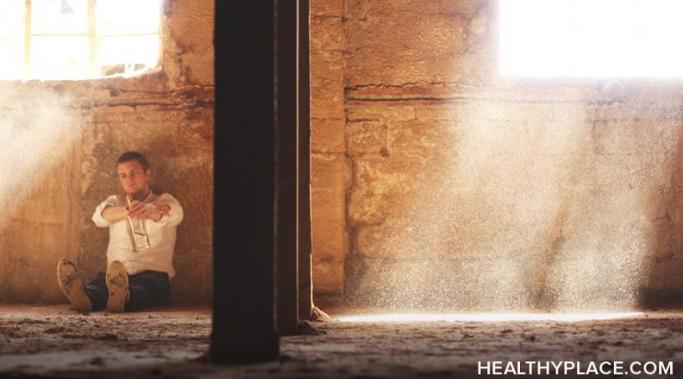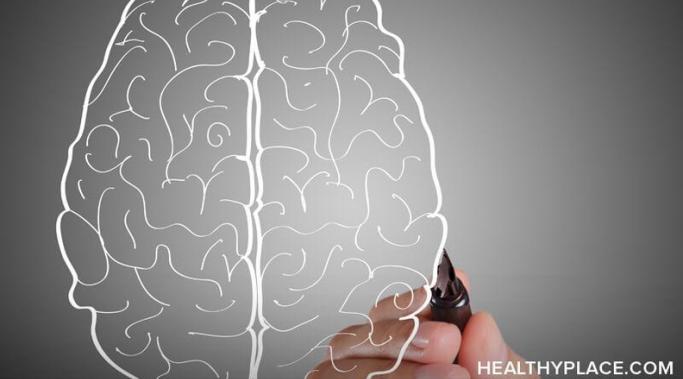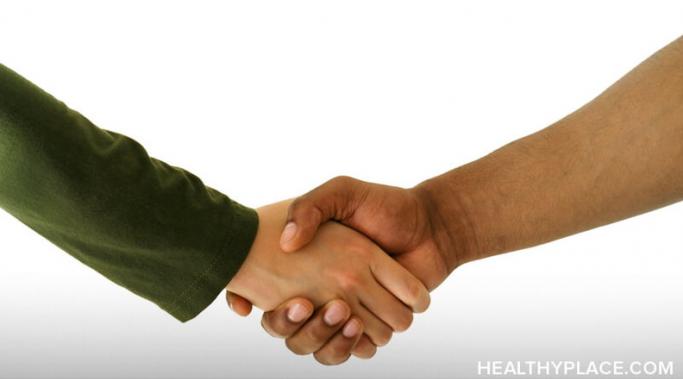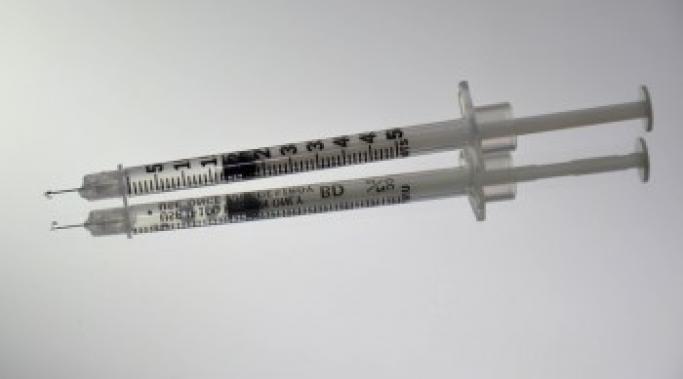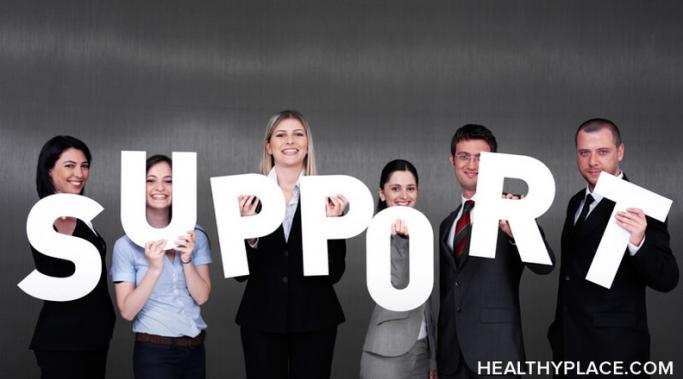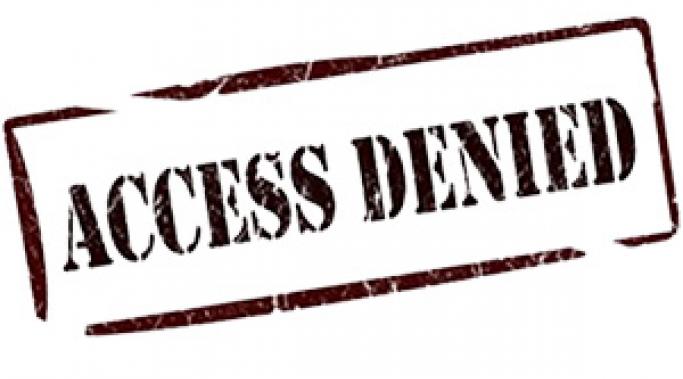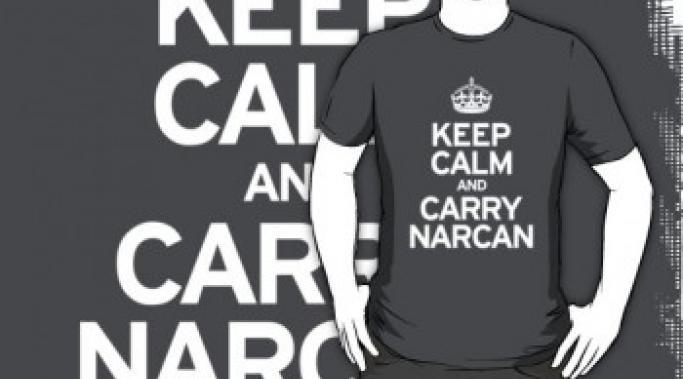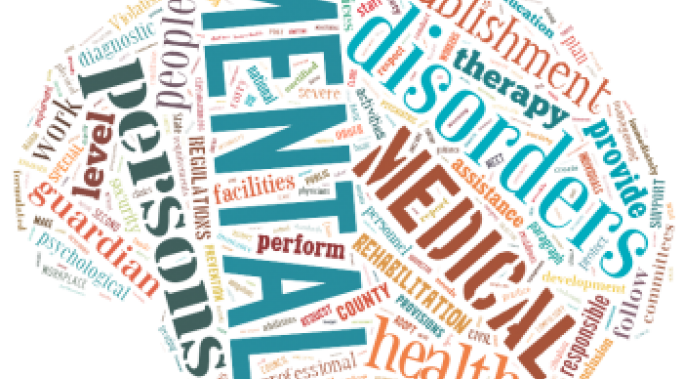“I just want to be normal. I don’t know what it’s like,” cried a tear-soaked heroin addict during a tough-love intervention. Her cry came after about 15 minutes of being yelled at, belittled, and degraded in front of 1000 viewers, all in the name of tough love. My heart broke into pieces for her because I’ve been that woman. I wanted to reach through my screen, hug her and tell her how precious she is. Tough love for addicts doesn't work.
Addiction Treatment
I have a mental illness and an addiction. I honestly didn’t care if I lived or died, during my decade long drug and alcohol addiction. Which is why I tried and failed at sobriety so many times. My addictions co-occurred with a mental illness called bipolar disorder. A depressive stage of bipolar, even sober, can leave me hopeless. I'd lose interest in all the things that mattered to me before. It didn’t matter to me if I got sober. There were no consequences strong enough to make me want to stop because I didn’t care if I ever saw tomorrow. I didn’t make plans for my future because I really didn’t want one. It was a slow suicide.
Forgiveness in my addiction recovery is important for my emotional and spiritual health. Addiction recovery takes much more than just going through the treatment process to become whole again, but it did provide me with the tools necessary to live a life that is free of alcohol. When I completed treatment four-and-a-half years ago, I had to put those tools to work and still have to remain vigilant to keep my recovery alive and successful. In treatment, I learned about addiction, triggers, relapse prevention, and the need for honesty, acceptance, and gratitude. However, there was another key element that has furthered my addiction recovery progress even more – forgiveness.
Safe injection sites are becoming more popular across the world (Heroin Abuse, Heroin Overdose). But only two exist in North America, both in Vancouver, British Columbia. So what are safe injections sites and what benefits and concerns do they bring?
Addiction recovery 12-step programs have many benefits and are widely popular. However, 12-step programs also attract a lot of criticism, and there are other addiction programs available for those who find fault with 12-Step programs. For me, the benefits of 12-step addiction programs far outweigh any drawbacks.
Substance use withdrawal from alcohol, opiates and benzodiazepines is unpleasant and can be dangerous or even fatal, as I wrote about in my last post, Dehumanizing Addicts: A Stigma Leading To Deaths. But different substances produce different kinds of withdrawals and dangers. Here is an overview of withdrawal symptoms for alcohol, opiates, and benzodiazepines (a future post will address more substances).
I sought God early in sobriety. Faith in God or a Higher Power is a controversial issue among recovering alcoholics. Many of us grew up in homes where religion was forced upon us and consequently eschewed prayer or reliance upon any God later in life (Addiction Recovery Programs: One Step Forward, 12 Steps Back). For myself, I was not opposed to the concept as much as others, and found, in early sobriety, that it was a great comfort to me. Here are the reasons why I felt compelled to find belief in God in early sobriety and how I did it.
We need improved access to substance abuse treatment in the United States. Ludicrous wait times and addiction treatment prices are costing Americans too much in every way. Improving access to substance abuse treatment would save lives, money, and countless intangible types of loss.
Naloxone (brand name Narcan) saves lives from opioid overdose by reversing the effects of an opioid overdose. America's problem--some say epidemic-- with heroin and prescription opioids is big news, so why is naloxone, which saves lives from opioid overdose, controversial?
It's important to treat both the mental illness and the addiction if you have a dual diagnosis. Like most people I know in recovery, I have dual diagnosis (also called co-occurring disorders). This just means that I have been diagnosed with a mental illness in addition to having addiction problems. Dual diagnosis is extremely common--after all, many people abuse substances in order to cover up the effects of a mental illness. If you do have a dual diagnosis, you must treat the addiction and the mental illness.
